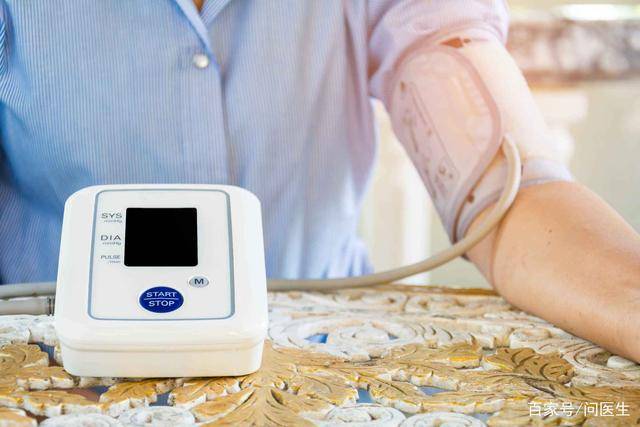As the food on the table of every household becomes more and more abundant, the incidence of hypertension is rising sharply. Approximately one in three adults will have hypertension, and there is a noticeable trend towards a younger age of onset, with more and more people in their twenties and thirties developing hypertension.
However, many people with high blood pressure do not experience any obvious discomfort. Some individuals may not show symptoms even with blood pressure as high as 180. Therefore, they are unlikely to take antihypertensive medication or follow doctors’ advice.
Hospitals often see hypertensive patients in their forties and fifties who experience acute stroke due to prolonged high blood pressure without taking antihypertensive medication. Once it progresses to this stage, the consequences become very dangerous.
No symptoms, no need for medication for hypertension? Not taking medication to control it can lead to five harmful effects:
1. Cardiac hypertrophy
If hypertension persists for more than five years without antihypertensive medication, it can easily affect the heart muscle, leading to cardiac hypertrophy. An electrocardiogram will show signs of cardiac hypertrophy deterioration, and further examination with echocardiography will reveal left ventricular hypertrophy.
Due to prolonged high blood pressure, the heart faces significant resistance when ejecting blood into the aorta, requiring more force to pump blood into the aorta over time, resulting in cardiac hypertrophy.
2. Coronary heart disease
Hypertensive patients have a 2.6 times higher probability of developing heart disease compared to others because prolonged high blood pressure causes significant damage to the vascular endothelium, accelerating atherosclerosis and affecting coronary artery blood supply, leading to reduced oxygen supply to the heart and an increased risk of coronary heart disease.
If blood pressure remains uncontrolled for a long time, angina pectoris, heart failure, myocardial infarction, and other complications may occur, even endangering the patient’s life.
3. Retinopathy
Seventy percent of hypertensive patients will develop retinopathy. In the early stages of hypertension, retinopathy may not show abnormalities, but inadequate blood pressure control over time can lead to arterial sclerosis and narrowing of the retinal arteries.
If blood pressure remains uncontrolled, the degree of retinal artery sclerosis becomes more pronounced, leading to vision changes such as visual impairment, blurred vision, and other symptoms.
4. Vascular abnormalities
Prolonged high blood pressure causes the blood within the vessels to exert pressure on the vessel walls, leading to mechanical damage. Damaged vessel walls can attract lipid deposits, causing plaque formation, vessel narrowing, thinning, brittleness, and potential blockages or thrombosis.
Unstable long-term blood pressure control can easily lead to atherosclerosis in the carotid and lower limb arteries, resulting in related symptoms.
5. Renal damage
Prolonged untreated high blood pressure can also affect kidney health, increasing glomerular pressure, leading to fibrosis and atrophy of the glomeruli, as well as arterial sclerosis within the kidneys.
Kidneys help eliminate metabolic waste from the body. If kidney function is compromised, toxins accumulate in the blood, causing kidney function impairment, potentially leading to renal failure.
The damage caused by hypertension to the kidneys is gradual. Without antihypertensive medication intake for an extended period, the kidneys will sustain severe damage from prolonged exposure to high blood pressure.
Reference Materials:
1. “How much do you know about the dangers of hypertension” by Lin Junjun, “Eastern Herbal Diet” 2020
2. “Discussion on the hazards and prevention of hypertension” by Liu Wenjing, “Health Care Guide” 2019
3. “Hidden hypertension poses greater risks,” “New World” 2010


